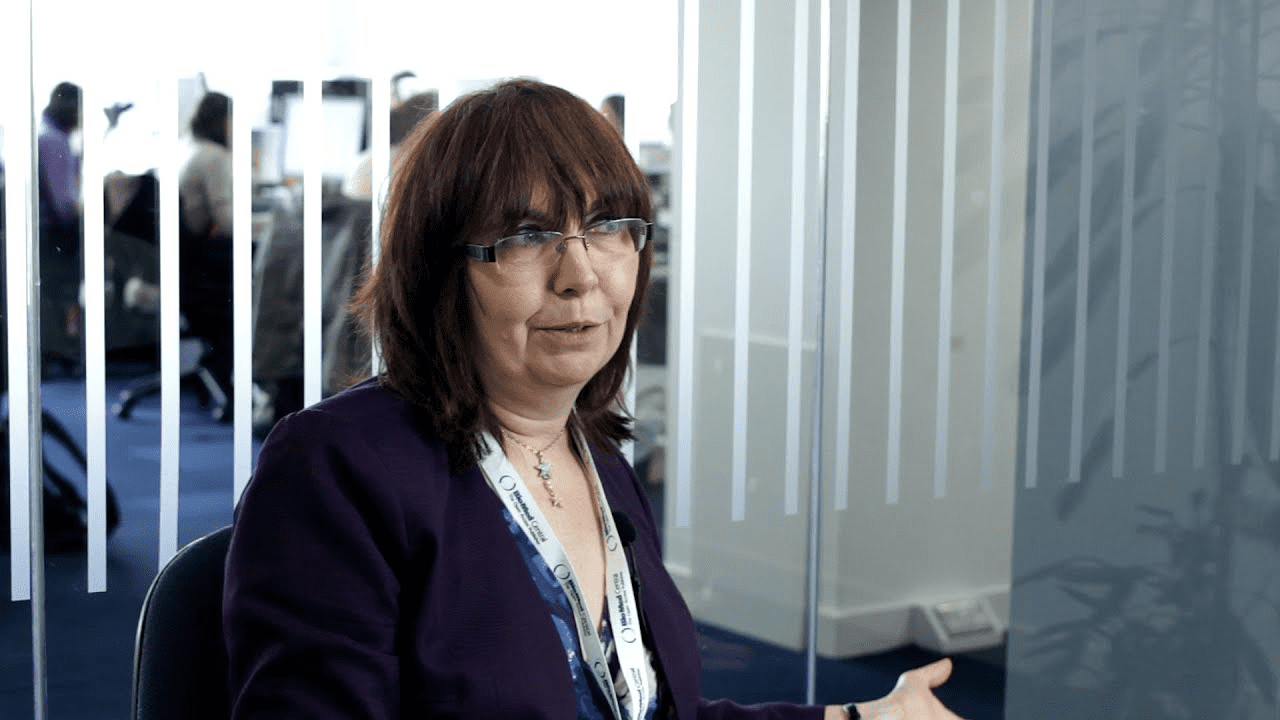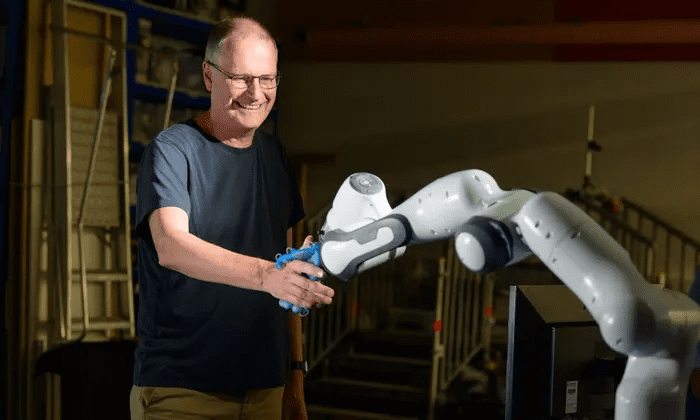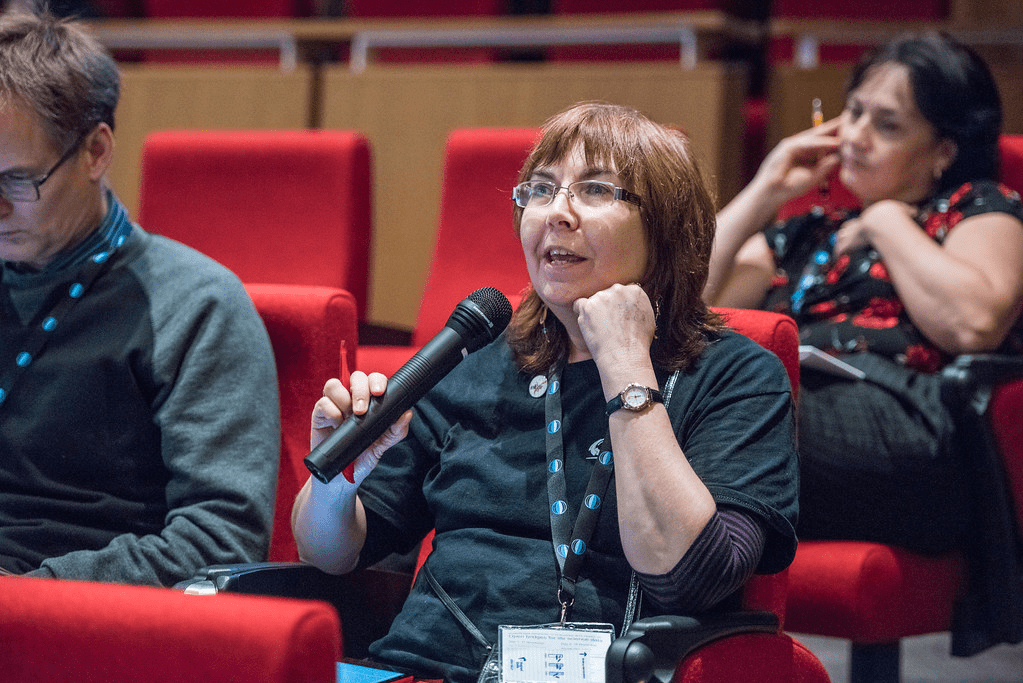The idea that women can’t hold high positions or be professors and scientists is an outdated stereotype. For many years, it has been debunked by Carole Goble, a Professor of Computer Science at the University of Manchester. She is also the principal investigator of the myGrid, BioCatalogue and myExperiment projects. Throughout her career, Carole has been a role model for many scientists, striving for excellence in the sphere of innovative technologies. Learn more at manchester-future.
Early years and education

The future professor was born in 1961. Even at a young age, she got interested in exact sciences, such as mathematics and computer science. Goble could solve complex tasks and find solutions to difficult calculations. She was also interested in new technologies. As a child, she was fascinated by the intricacies of computers and programming, so she spent a lot of time writing codes and exploring the possibilities of digital technologies. She successfully graduated from Maidstone School for Girls and went on to study computer science. Goble received an education in computing and information systems and connected all her subsequent life with this sphere.
It should be noted that Goble was one of the few women in the department. Nevertheless, she wasn’t afraid to realise herself in an all-men environment. She saw it as an opportunity to prove her worth and talent.
While studying at the university, Goble realised that her vocation was bioinformatics. At the time, it was a developing sphere that combined biology and computer science. When she started dealing with it, she was shocked by the huge potential of technologies to revolutionise the way we understand and analyse biological data. Therefore, she devoted several years of her life to research projects.
What was Goble working on?

After completing her studies, Goble delved into the fields of bioinformatics and computational biology. Her research was ground-breaking and recognised in the Manchester scientific community. She began to be invited to work in various prestigious institutions for various positions, including leading research institutes and technology companies. Thanks to her innovative work in the development of bioinformatics software and data visualisation tools, Carole has earned recognition and numerous awards.
For many years, the professor has worked in the fields of ontology, electronic sciences, medical informatics, bioinformatics and others. Goble’s projects include grid computing and the semantic grid. She applied her developments in the field of knowledge technologies and working process systems to solve information management problems of biological scientists.
Her works have also been repeatedly published in the most prestigious scientific journals of Great Britain and the whole world.
Moreover, Goble has repeatedly received grants for her projects from the European Union as well as various UK agencies.
Further career

Carole Goble joined the University of Manchester in 1985. She is a Professor of Computer Science and has been passing on her knowledge and experience to new generations of students for many years.
Goble is an active member of the Manchester scientific society. In particular, she is
- a member of the editorial board of IEEE Internet Computing
- a member of the editorial board of GigaScience
- a member of the International Journal of Web Services Research
- was an editor-in-chief of Elsevier’s Journal of Web Semantics
- a member of several committees, including the advisory ones of the Science and Technology Facilities Council, the Netherlands Bioinformatics Centre and the European Grid Infrastructure committee
- a member of the Biotechnology and Biological Sciences Research Council
- a member of the Engineering and Physical Sciences Research Council
- a co-founder of Cerebra, one of the first spin-off companies using Semantic Web technologies.
Throughout her life, Carole Goble has tirelessly worked in the sphere of innovative technologies, expanding the boundaries of possibility. She managed many successful and innovative research projects and strived to provide free access to advanced technologies to everyone.
She has become a successful and sought-after researcher far beyond Manchester’s limits thanks to the implementation of the following projects:
- myGrid, a consortium that creates and uses a set of tools designed to help scientists. It is used in systems biology, social sciences, music, astronomy, multimedia and chemistry
- Semantic Grid, an approach to grid computing, which presents metadata using semantic network technologies, such as Resource Description Framework
- Open PHACTS, an initiative aimed at ensuring a better, cheaper and faster search for medicines
- Apache Taverna, a software tool with open-source code for designing and executing work processes
- and Software Sustainability Institute, a centre for creating better software.
Goble made a huge contribution to the development of innovative technologies not only in her hometown but also throughout the country. Without her developments, technological progress would not have been so fast.